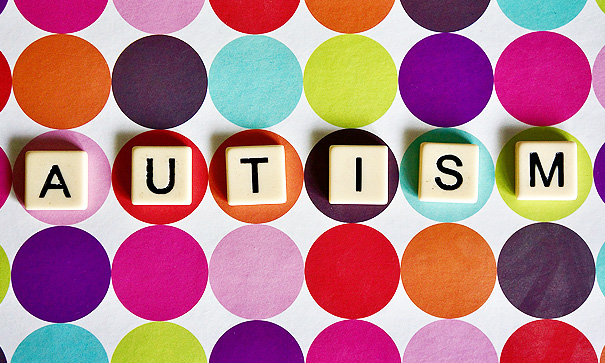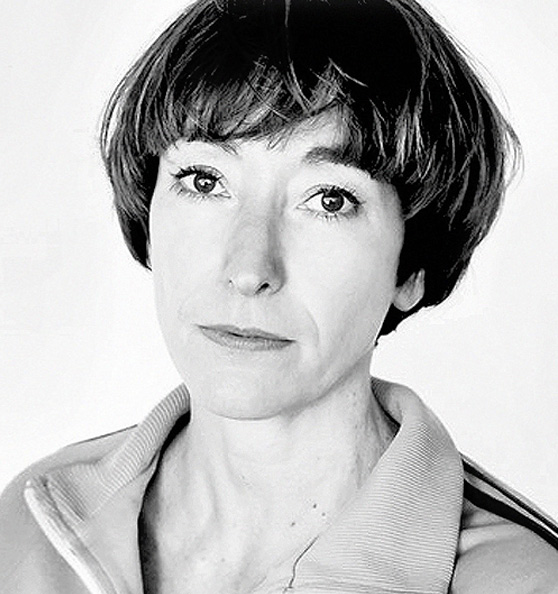What Is Craniosacral Therapy Used For?: Sometimes called Cranial Sacral Therapy, craniosacral therapy (CST) is a complementary and wellbeing non-invasive, hands-on bodywork therapy technique (usually performed by osteopaths, chiropractors, and massage therapists).
Developed by osteopathic physician John E. Upledger in the 1970’s the goal using CST is to aid in supporting your body’s congenital ability to balance, restore and help heal itself, as well as helping to reduce stress and enhance underlying energy.
CST can be used alone or as part of a broader treatment programme. It consists of gentle massage therapy focusing on the bones of the head, neck and sacrum.
Craniosacral therapy can be used on adults, children and babies (there are a host of benefits for newborns who suffer head trauma during delivery) and may be used as part of treatment for many conditions including:
- migraines and headaches
- autism
- constipation
- irritable bowel syndrome (IBS)
- disturbed sleep cycles and insomnia
- scoliosis
- learning disabilities
- sinus infections
- neck pain
- fibromyalgia
- recurrent ear infections or colic in infants
- temporomandibular disorder (TMD)
- babies having difficulty latching onto the breast
- mood disorders like anxiety or depression
- difficult pregnancies
- post-traumatic stress disorder (PTSD)









